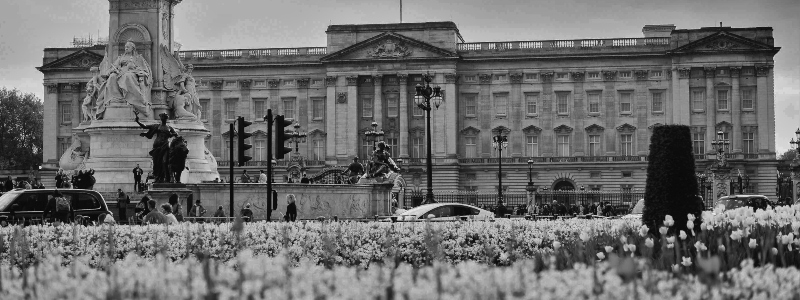Recent Events: The Death of Queen Elizabeth and COVID
The recent death of Queen Elizabeth has drawn people together in grief in a ways both individual and shared. Having been Queen and a globally public figure for 70 years, her death felt like the loss of what had been a constant and stable presence in our lives.
The COVID pandemic forced us to engage with mortality in a way that many people hadn’t ever had to. We found ourselves experiencing emotions and feelings in ways that were unexpected and unsettling. We had to find a way to feel safe, in the face on what could feel like an invisible threat. Sharing the vulnerability of COVID became a way of coping with our feelings when so much felt unknown and uncertain.
Both of these events gave rise to feelings of loss and grief that were public and shared, yet they felt very different.
Contrasting experiences of grief
The experience of loss is something that no one can assume to avoid in life. It is part of human existence and can be the most obvious way in which we experience grief. The experience of grief is subjective and effects people in ways as individual as we are. Whilst some people appear unmoved and stoic, others can feel intense and uncontrollable emotions. Grief can be present in life in ways that can be hard to explain, either at the time, or at points in the future.
The death of a public figure and our sense of grief gives us an understanding of how we related to that person. Do we feel the loss of someone that we felt a closeness to, or do we find ourselves having ambivalent feelings? How does the loss affect our lives and what does it mean for us? Answers to these questions show us how unique our grief can be.
Sharing our grief over the death of Queen Elizabeth can feel as if it gives us permission to mourn and experience our own grief. We can attribute our emotions to an event that is shared and understood. We find comfort in sharing grief with others with a similar lived experience.
Looking back at the pandemic it could be hard to find ways in which to express feelings of grief, when everyone was trying to make sense of what was going on. Why we felt the way that we did wasn’t always easy to understand.
The pandemic also challenged us to experience death in ways that were far from what anyone would want. The absence of the ability to share grief at collective events like funerals and memorials left a sense of something unfinished and denied us the opportunity to find ways to understand our grief.
Comparable experiences of grief
Comparing the experience of loss and grief between the COVID pandemic and the death of Queen Elizabeth might seem rather obtuse. Both are joined by the collective nature of the events and how there felt like something inescapable about being aware of a collective sense of grief.
There is some comfort in the shared nature of what has happened and the sense that ‘we’re all in this together’ offers some reassurance, yet grief is still an individual experience
Grief and Psychotherapy
Loss and grief are parts of our existence, yet they can affect us in ways that can be unpredictable and unsettling. Being able to think with a therapist about how one is experiencing loss and grief can help to give understanding and a sense that what can at times can feel overwhelming can become less acute.
To enquire about psychotherapy sessions with David , please contact him here, or to view our full clinical team, please click here.
Further reading by David Work –

Leave a Reply